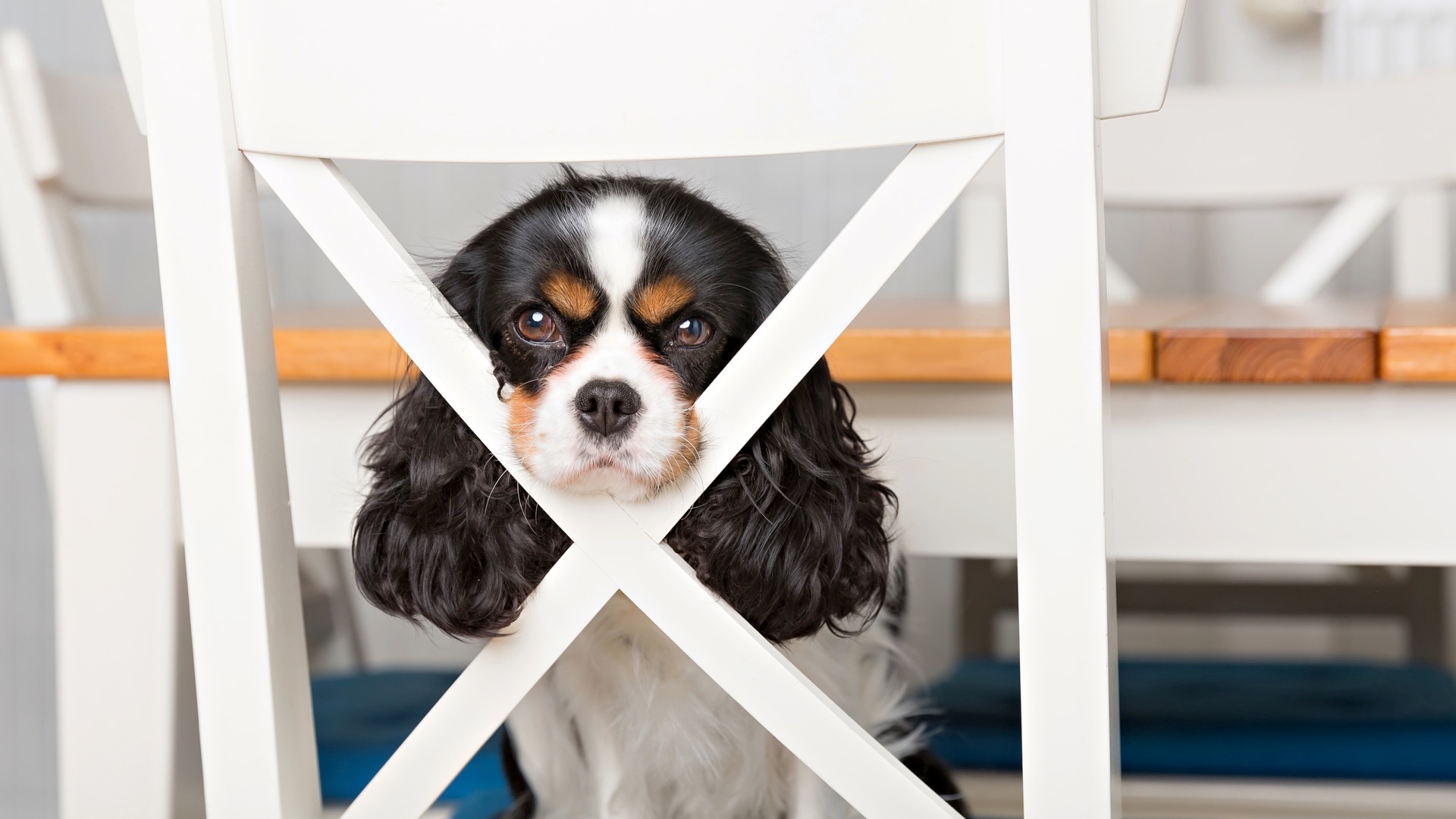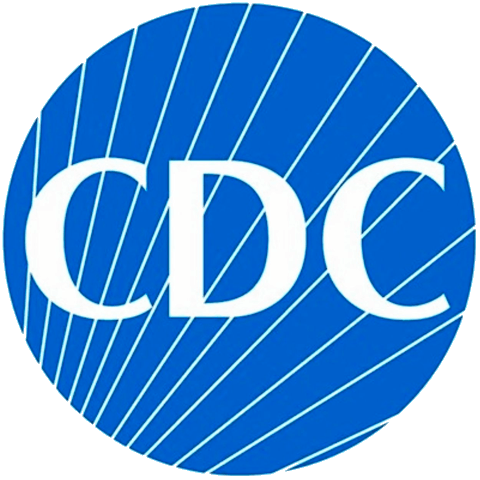How To Keep Pet Dogs Healthy:
Summary:
Keeping your dog healthy helps to keep you and your family healthy. We highlight what you should consider before getting a new dog, how to provide a comfortable home for your new dog, and how to maintain your dogs health long term.
Keeping your dog healthy helps to keep you and your family healthy. To learn how to stay healthy around dogs, visit the Healthy People section.
Before choosing a dog Research and learn how to properly care for a dog before buying or adopting. Ask your veterinarian about the proper food, care, exercise, and environment that are best for the dog you are selecting. Be aware that dogs can sometimes shed certain germs in their feces (poop) that might make people sick, even when dogs appear healthy. Plan to clean up after your pet frequently. Research any laws regarding ownership of certain breeds in your area before buying or adopting a dog. How to choose a dog Man Jogging With His Dog. Match a dog's attitude, temperament, size, and activity level with your family, your home, and the amount of time you have to spend with your pet. Pick a dog that is bright, alert, and playful. Dogs and puppies should have shiny, soft fur that is free of poop. Signs of illness in a dog include appearing sluggish or depressed, having diarrhea, abnormal breathing, and fluid running from its eyes or nose. Make sure to take your new dog or puppy to the veterinarian within a few days to a week after adoption. If your dog becomes sick or dies soon after purchase or adoption, take your dog to the veterinarian promptly and inform the pet store, breeder, or rescue organization about the pet's illness or death. Make sure to tell your veterinarian if the pet was adopted internationally. Thoroughly clean the area your pet lived in.
How to house your dog It is important to provide a safe, warm, and comfortable environment for your dog. If your dog will be housed outside, provide shelter such as a doghouse for when it is cold or rainy and shade for when it is hot. Protecting your dog from the changes in weather will reduce stress and help keep it healthy. Make sure your dog has access to fresh, clean water and food every day. Consider fencing in your yard. A fence gives your dog room to play but will also protect it from wild animals and reduce the risk of strangers interacting with your dog. It is not recommended to keep dogs tied up outside. Tying dogs outside is illegal in some areas. In addition, dogs that are tied up are more likely to bite than those roaming freely in a fenced yard. If your dog uses a kennel or doghouse, make sure to clean it regularly to prevent build-up of poop. Feed your dog safely Hungry dog Do not feed dogs in areas where human food is prepared or eaten. Always wash your hands after touching dog food or feeding your dog. Store dog food separately from human food. Do not feed your dog a raw diet. Germs like Salmonella and Listeria have been found in raw pet foods, even packaged foods sold in stores. These germs can make you and your pet sick. Talk to your veterinarian about the right type of food for your dog. Read more about pet food safety.
Monitor your dog's health Take your dog to the veterinarian regularly to keep it healthy and prevent infectious diseases. Talk to your veterinarian about preventive treatments for fleas, ticks, heartworms, and other parasites. Make sure to clean up any dog urine, poop, or vomit in the house immediately, and disinfect the area well. Use disposable gloves and make sure to wash your hands thoroughly afterwards. Contact your veterinarian if you notice any signs of illness in your pet. Keep in mind that even a dog that looks healthy can spread germs to people and other animals. Get your dog vaccinated Vet and a dog Keep your dog up-to-date on routine vaccinations like rabies. Vaccines can help protect your dog from dangerous diseases and help them live a longer life. Tell your veterinarian about your dog's lifestyle, including whether it is often around other dogs or other animals, and ask about other vaccines you may need or want for your dog, like kennel cough.
Protect your dog from ticks
Talk to your veterinarian about:
- The best tick prevention products for your cat
- Tickborne diseases in your area
Cats are extremely sensitive to a variety of chemicals. Do not apply any tick prevention products to your cat without first asking your veterinarian.
To further reduce the chances that a tick bite will make your cat sick:
- Check your cat for ticks every day, especially if they spend time outdoors. If you find a tick on your cat, remove it right away.
- Run your fingers through your cat's fur with gentle pressure to feel for any small bumps.
- Looks for ticks in the following areas:
- In and around the ears
- Around the eyelids
- Under the collar
- Under the front legs
- Between the back legs
- Between the toes
- Around the tail
- Reduce tick habitat in your yard.


